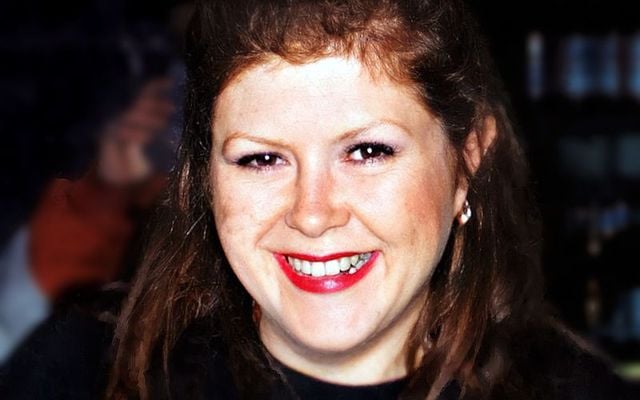Kirsty MacColl, the lead female vocalist on the Irish Christmas classic "Fairytale of New York," was struck and killed by a boat while vacationing in Mexico on December 18, 2000.
MacColl died in a controversial boating accident on December 18, 2000, in Cozumel, Mexico, where she was holidaying with her teenage sons and partner James Knight.
The group, along with a veteran divemaster, went diving at the Chankanaab reef in a designated diving area that watercraft were restricted from entering.
As the group was surfacing from a dive, a powerboat moving at high speed entered the restricted area. MacColl saw the boat coming before her sons did - her younger son was not in its path, but she managed to push her older son out of the way.
Tragically, MacColl was struck by the powerboat; she suffered severe injuries and died instantly.
MacColl’s body was repatriated to the UK and was cremated after a funeral service at Mortlake Crematorium in Kew.
MacColl died more than a decade after "Fairytale of New York" first hit the airwaves.
In the years since her death, The Pogues continue to mourn her passing.
The powerboat was controlled by Guillermo González Nova, one of Mexico's richest men, and was owned by his brother, Carlos González Nova. An employee of Guillermo González Nova, boathand José Cen Yam, said he was in control of the boat at the time of the incident, though eyewitnesses said otherwise.
Ultimately, Cen Yam was found guilty of culpable homicide. He was sentenced to two years and ten months in prison but was permitted under Mexican law to pay a punitive fine of 1,034 pesos (about $90) in lieu of the prison sentence. He was also ordered to pay approximately $2,150 in restitution to MacColl's family, an amount based on his wages.
However, some claimed after the sentencing that Cen Yam received money for taking the blame for the tragedy.
Afterward, Jean MacColl, Kirsty's mother, launched the Justice for Kirsty Campaign, which counted Pogues frontman Shane MacGowan and U2 frontman Bono among its supporters.
The campaign said its primary purpose was to establish whether the Mexican judicial system had investigated the case sufficiently thoroughly for MacColl's family, friends, and fans to accept that justice had been done in accounting for her untimely death.
It did so by rallying the outrage and anger at the accident and raised funds to allow Jean and the committee to pay for lawyers, and to approach governments at the highest level.
At various times, the Mexican government promised action and to reopen the case, but nothing happened.
In 2004, the BBC documentary "Who Killed Kirsty MacColl?" followed Jean MacColl as she searched for the truth about her daughter's death.
The Justice for Kirsty Campaign was disbanded in December 2009, with the committee stating it "was successful in achieving most of its aims" and "it is unlikely that any more could be achieved."
Two charities received the remaining campaign funds: Casa Alianza Mexico, which provides care and rehabilitation for homeless children and others at risk in Mexico, and Cuba Music Solidarity, which Kirsty had supported enthusiastically.
*Originally published in 2010, updated in December 2023.




Comments